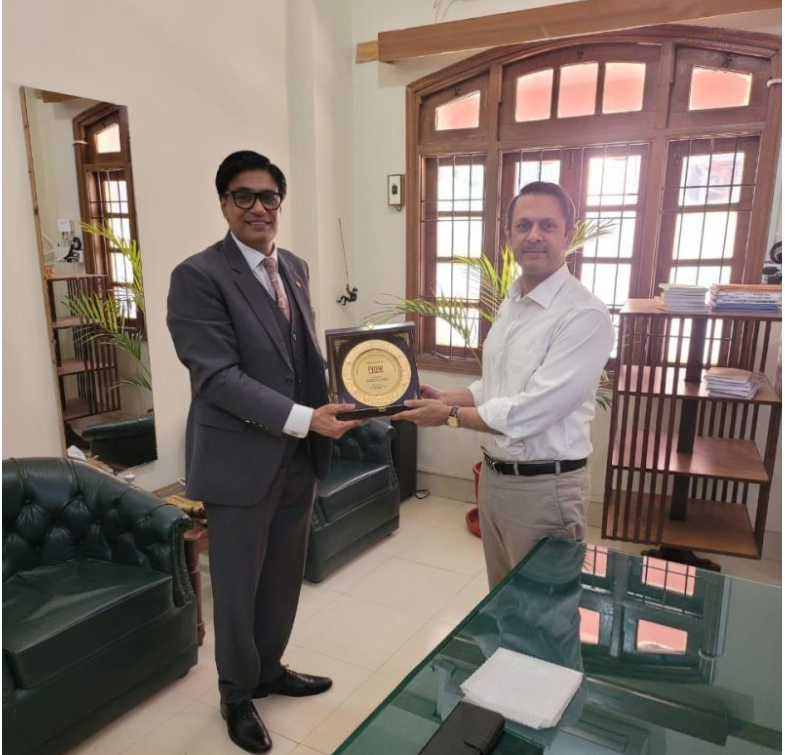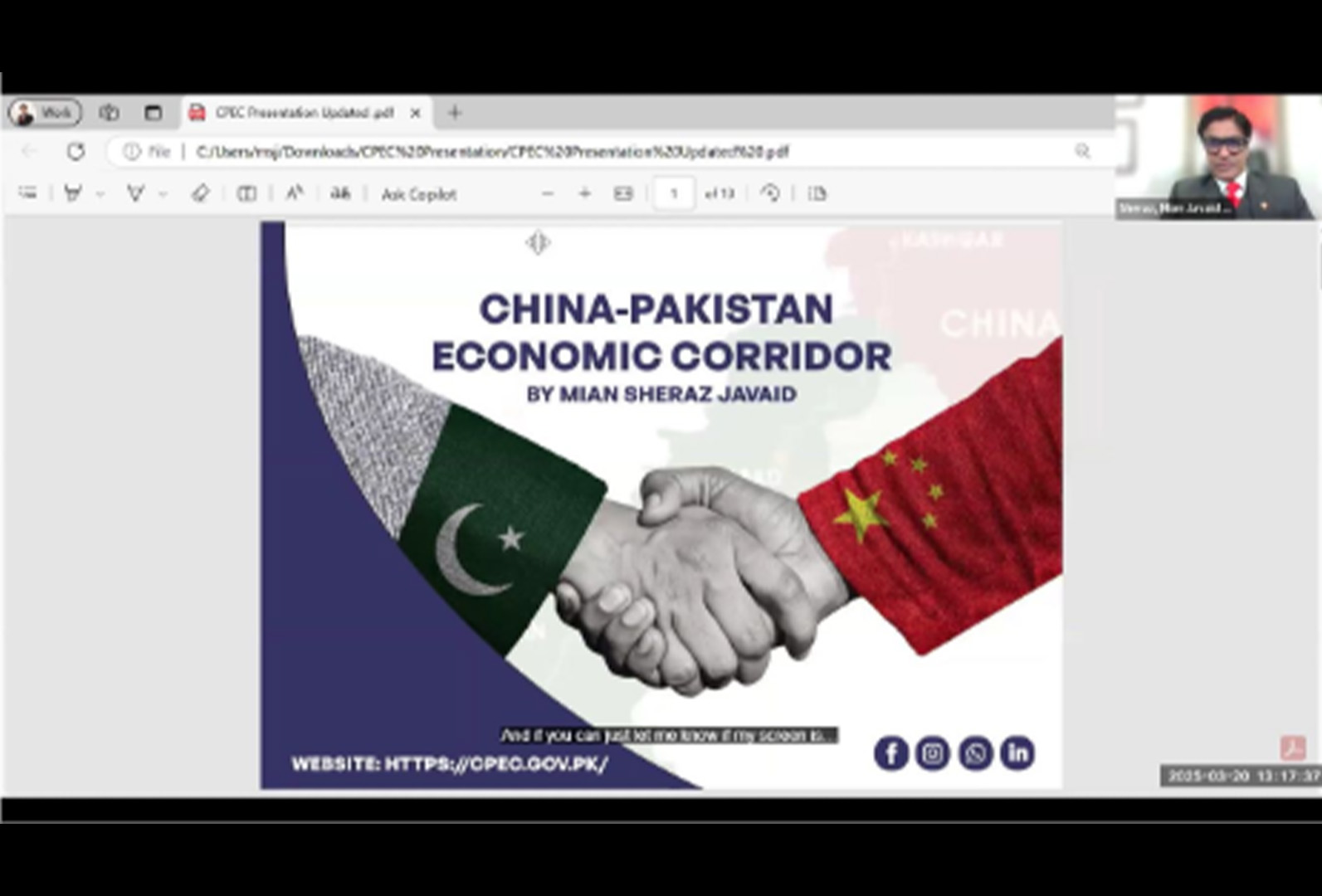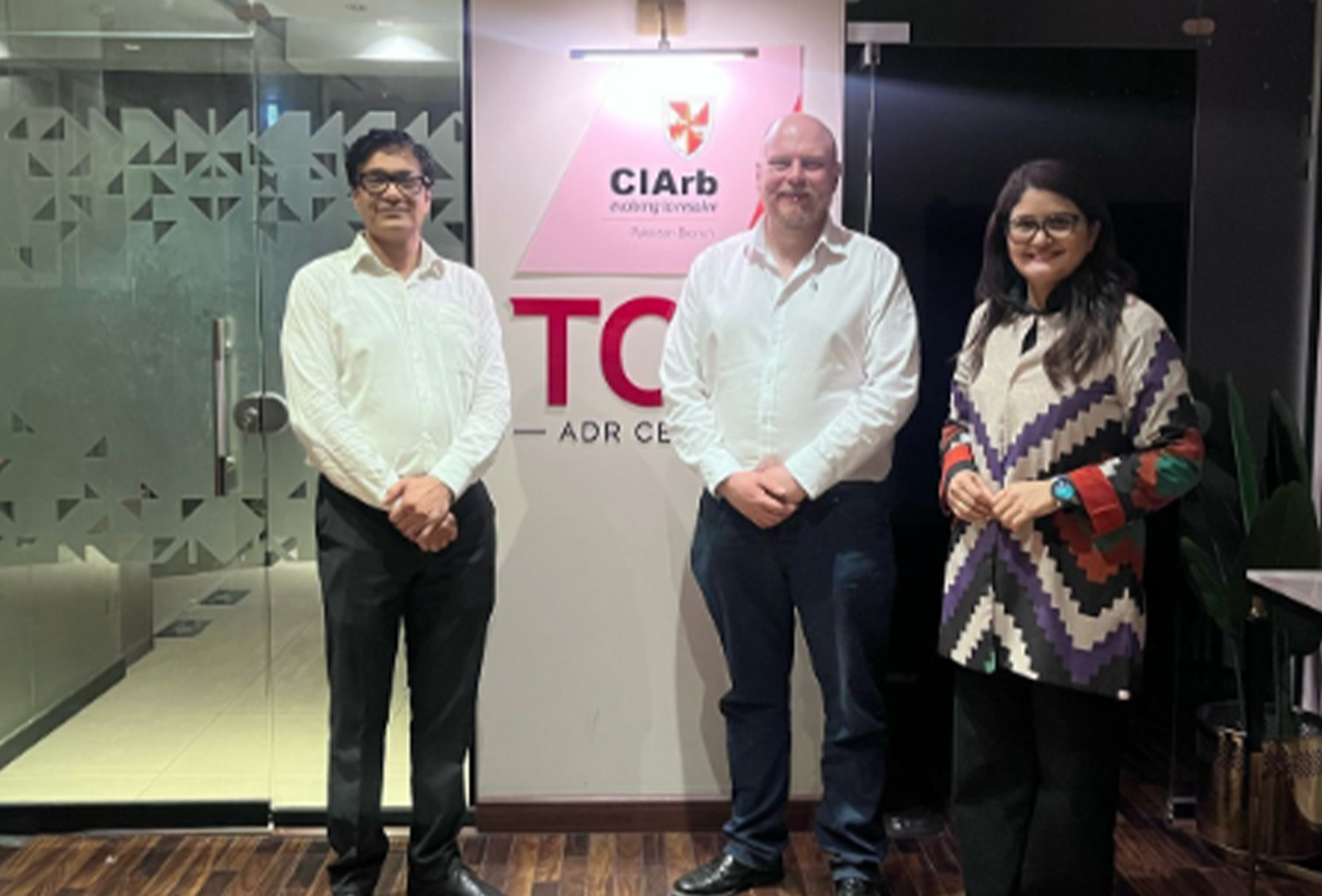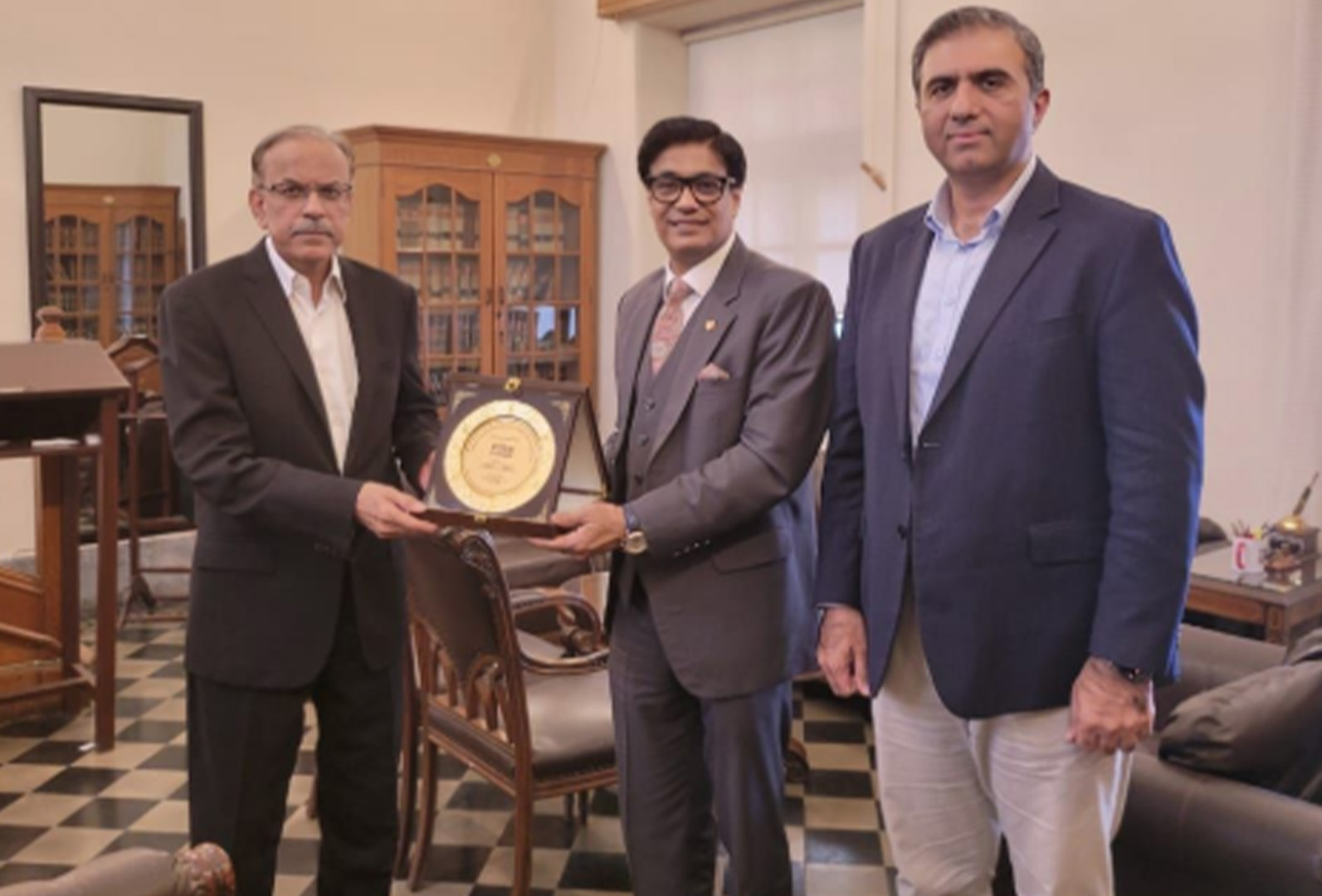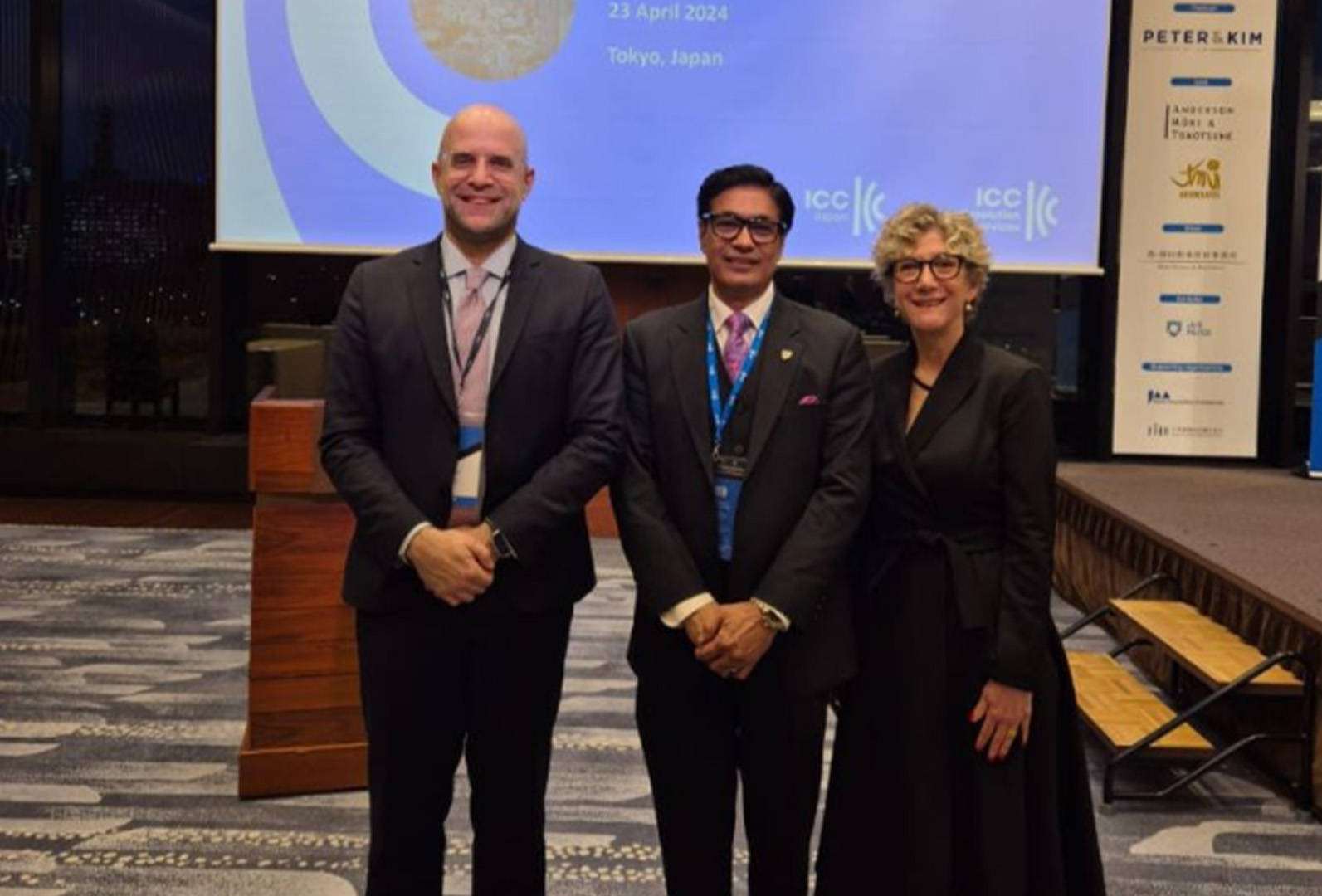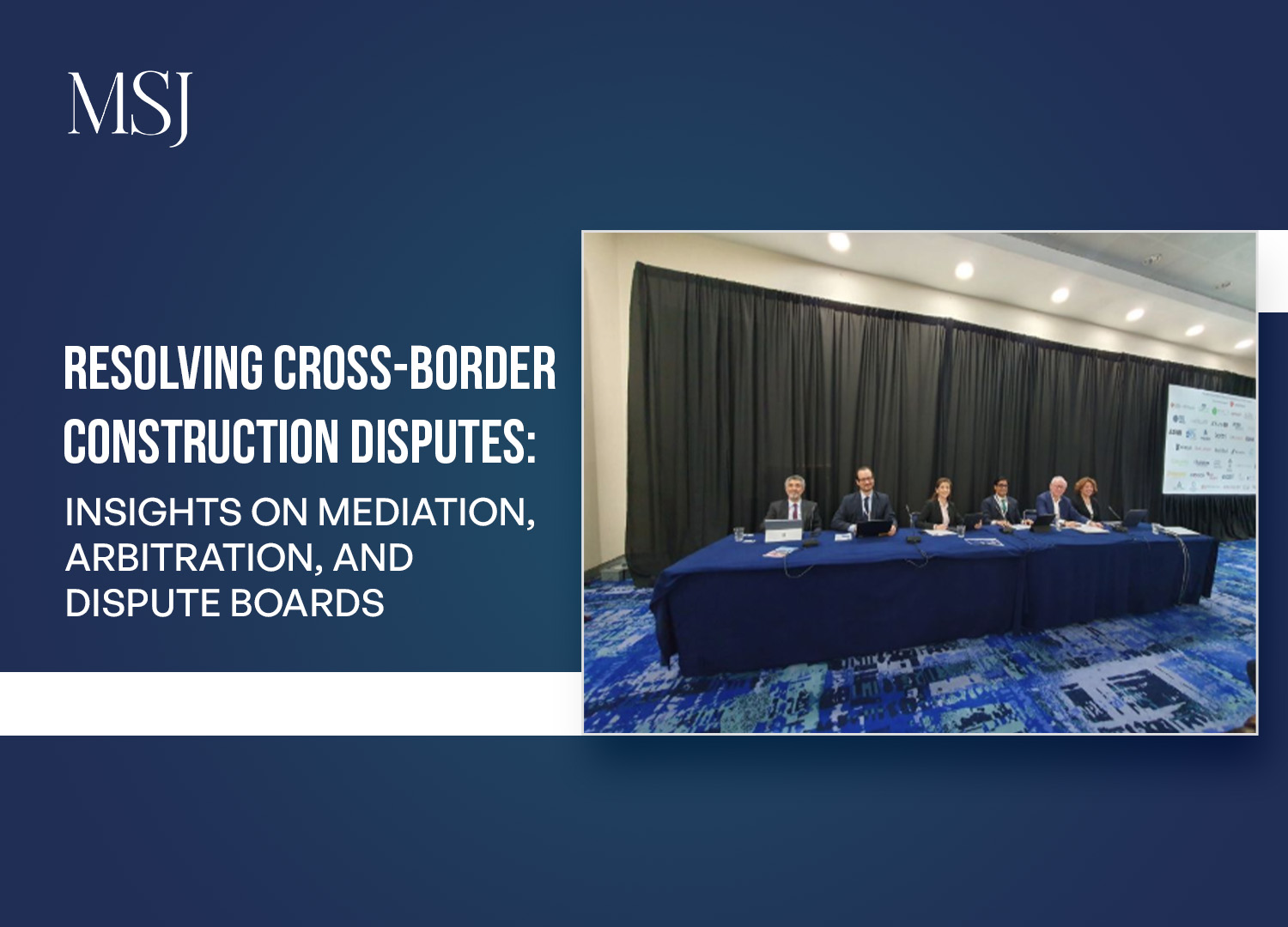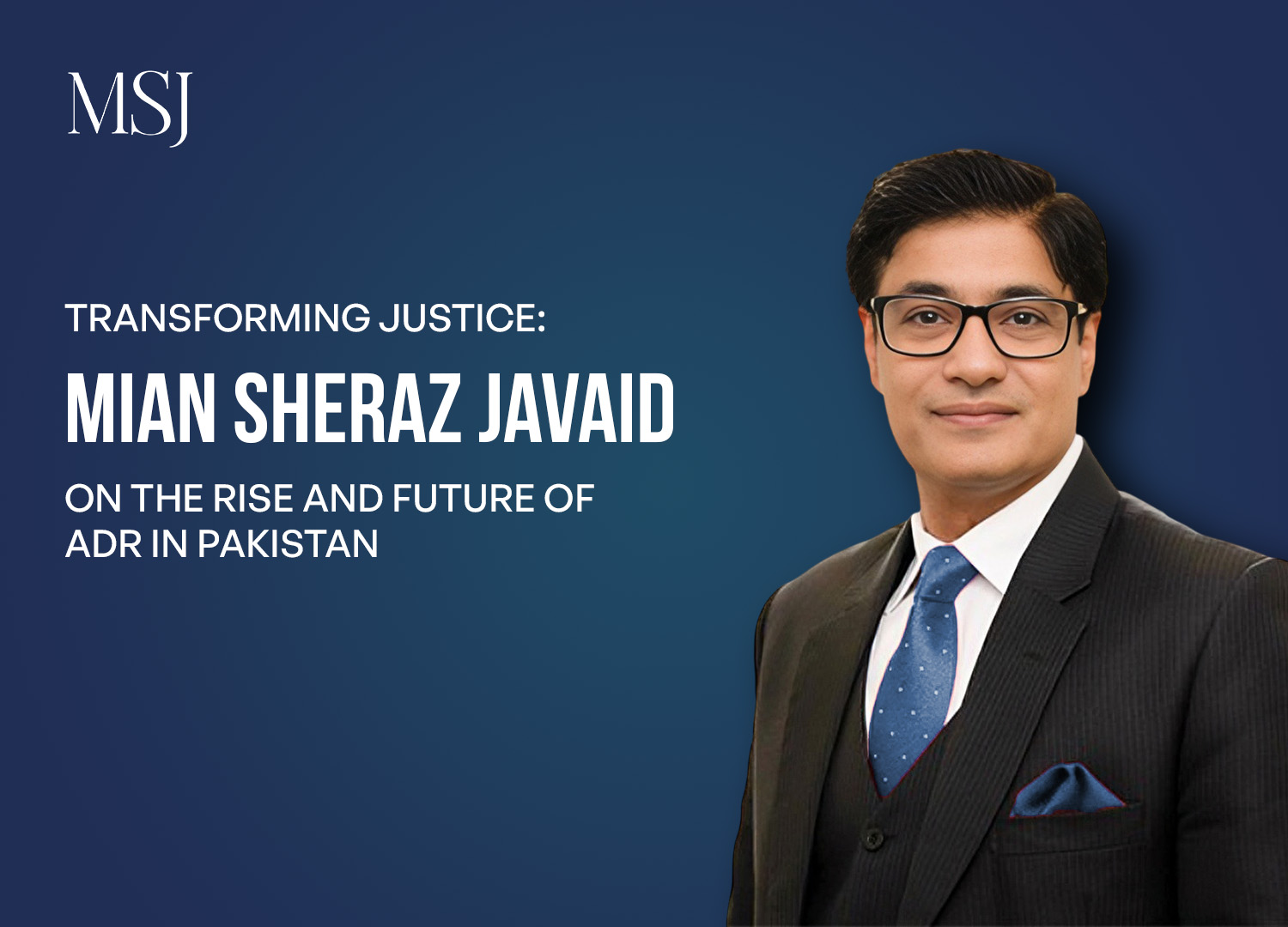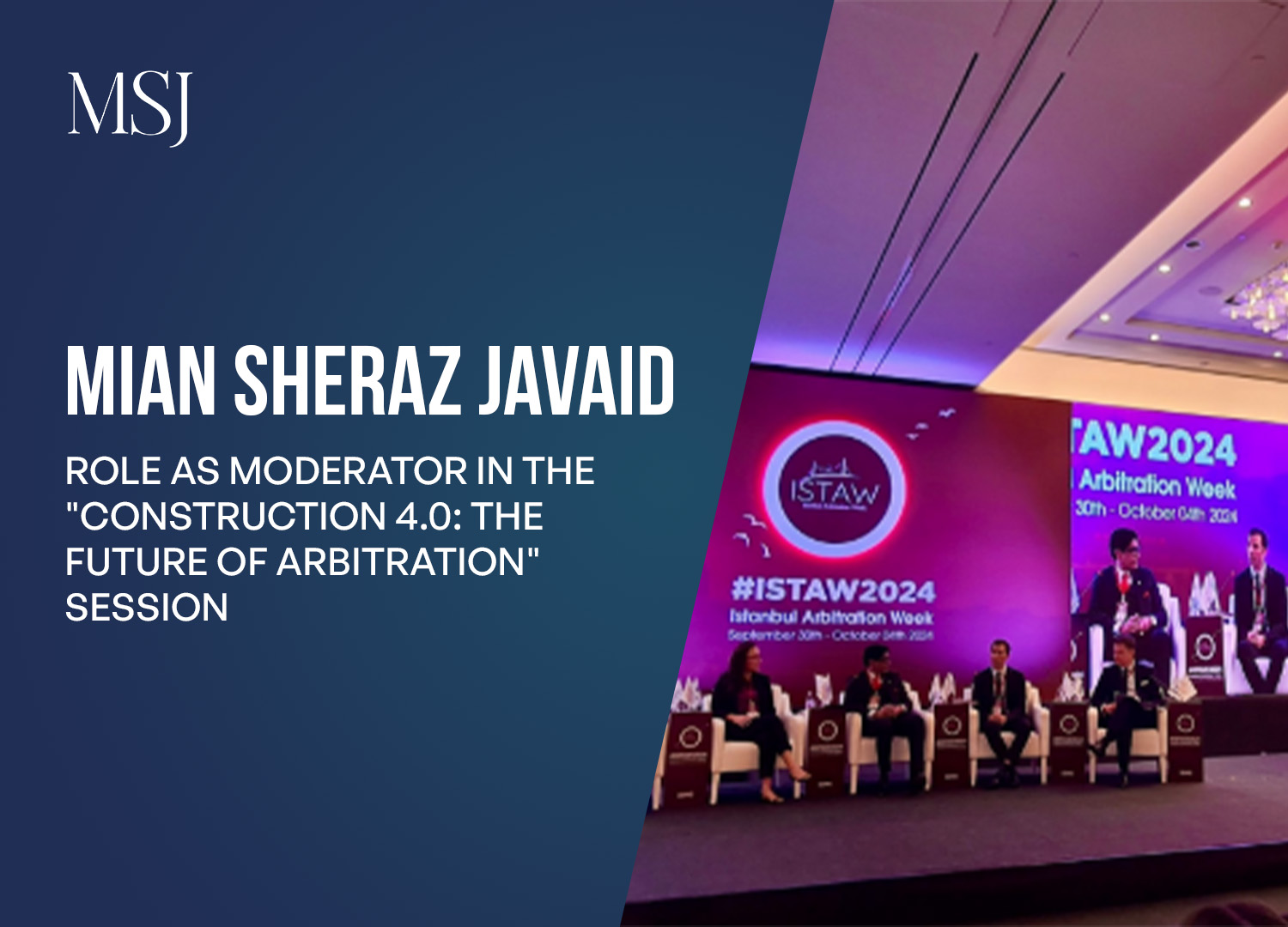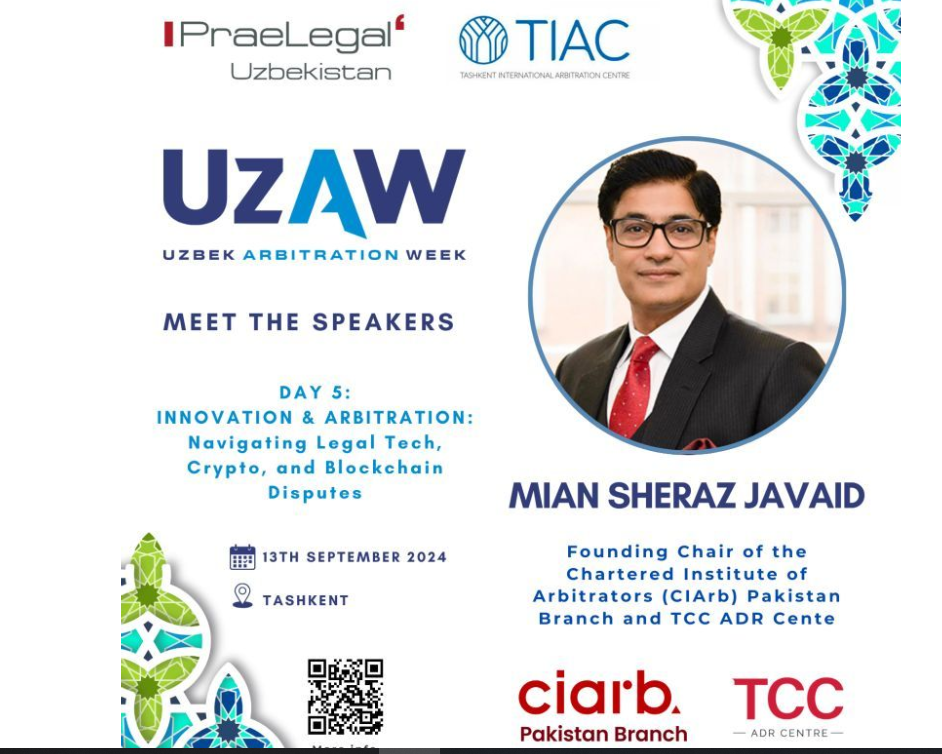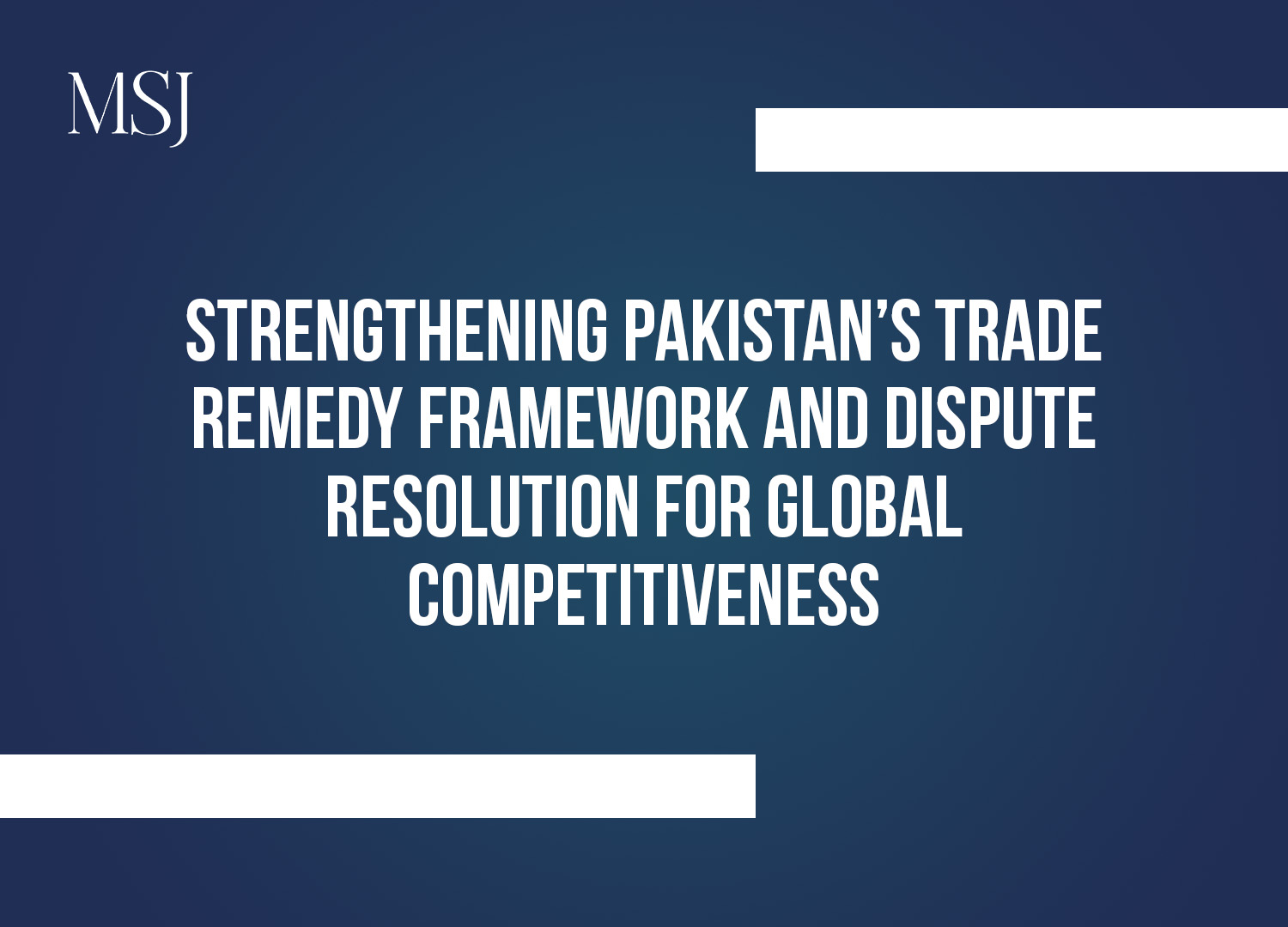Mian Sheraz Javaid Engages in Fruitful Discussion on ADR Developments in Nepal with Dr. Mukti Rijal and NIAC Team
The discussions were centered on the significant strides being made in the development of ADR centers, particularly in Nepal. Mian Javaid was impressed with NIAC's leadership in the ADR sector, noting the Centre's critical role in enhancing the country's capacity to resolve disputes efficiently and effectively. The commitment and dedication of the team led by Dr. Rijal during the conversation also reflected their quest to further push ADR practice in the area.
Strengthening the ADR Framework in Nepal
During the meeting, Mian Sheraz Javaid was presented with an overall view of the pace set by the Nepal International ADR Centre in the process of enhancing dispute resolution procedures in the country. An overview of how the centre is changing to respond to the rising demands for effective mechanisms to solve disputes amidst a highly globalized world was shared in particular by Dr. Mukti Rijal.
The need for ADR centers, which are equipped with the technical infrastructure and capacity to resolve disputes effectively, is at an all-time high. With the rapid increase in globalisation, the demand for alternative methods of dispute resolution—beyond traditional litigation—has skyrocketed. Mian Javaid pointed out that many countries have seen expansion of ADR centers in the region, especially in Asia, Africa, and the Middle East. He feels that these will be crucial to solving the complexities of disputes arising in an increasingly interconnected global economy.
“The world is evolving, and the need for efficient, cost-effective dispute resolution mechanisms is paramount. ADR centres are playing a pivotal role in this shift, especially as the Asia, Africa, and Middle East regions continue to experience rapid growth in dispute resolution activity,” said Mian Javaid during his conversation with Dr. Rijal.
The session did not only go into the current ADR practices in Nepal but also touched on the larger impact of the initiatives by the Asia-Africa MENA ADR Group. Sheraz and Dr. Rijal stressed that regional cooperation was crucial for developing ADR practices so that local and international disputes can be resolved promptly and efficiently. It is expected that this collaboration among the ADR centers in the region will result in a more seamless and reliable framework for dispute resolution that can serve businesses, individuals, and governments alike.
Global Trends and Regional Cooperation
All things considered, as globalization continues to redefine the legal landscape, it is clear that there is a need for countries to adjust their dispute resolution processes to the new demands of such significant challenges. The discussion between Sheraz and the NIAC team also touched upon the many implications and most importantly the growing need for more solid technical infrastructure to be devised to support the ADR practice.
It has been noted that there is currently a rise of ADR centers in the Asia, Africa and Middle East (AAMENA) region, which arises out of the rapid growth experienced in this region economically. In this light, as international trade and investment increase rapidly, countries in these regions are looking towards ADR as an efficient alternative to lengthy and expensive protracted litigation processes. The ability to resolve disputes promptly and justly is now an essential ingredient in sustaining healthy commercial relationships as well as continued economic development".
The dialogue focused on the pivotal role that Asia-Africa MENA ADR Group is meant to play for regional cooperation. Mian Javaid said it was an expression of confidence he had in these initiatives undertaken by this group because they will revolutionize ADR centers throughout this region. Stronger and connected systems would provide a networked system for fulfilling the different complexities of needs as required in today's modern economy.
“I look forward to enhanced cooperation in the region, particularly focusing on the Asia-Africa MENA ADR Group’s initiatives,” said Sheraz, expressing his enthusiasm for the future of ADR in the region. “These collaborative efforts will help shape the future of ADR practices and set new standards for dispute resolution.”
Recognizing the Efforts of NIAC
Throughout the meeting, Mian Sheraz Javaid seized the moment to congratulate Dr. Mukti Rijal and the whole NIAC team for the extraordinary work that was being done towards developing ADR practices in Nepal and further elsewhere. It is really commendable to highlight how they are constructing a proper groundwork for ADR in Nepal while continually trying to improve the dispute resolution framework.
“The work being done by Dr. Rijal and the team at NIAC is incredibly important. They are setting a great example for the rest of the world when it comes to creating efficient and accessible dispute resolution processes,” said Mian Javaid. “Their passion and dedication are driving significant progress in the ADR field, and I have no doubt that their influence will continue to grow.”
Sheraz shared his delight over the steady rise of ADR centers in every corner of the world, promising to shape the future in dealing with the world's present and future conflicts. As complexities increase in legal fields, there has never been a greater importance placed on the need for timely, cost-effective ADR center services. He eagerly looks forward to seeing many more collaborations across ADR centers globally.
Extending a Warm Invitation
As the session concluded, Sheraz invited Dr. Mukti Rijal and the NIAC team to visit Pakistan with warm wishes. He further hoped that through such discussions on ADR development and regional cooperation, he could get closer ties between the legal communities of Nepal and Pakistan.
“I would be honored to welcome Dr. Rijal and his team to Pakistan, where we can continue our discussions and explore further opportunities for collaboration,” said Sheraz. “Together, we can work towards strengthening the ADR framework in our respective regions and create a more interconnected and efficient global dispute resolution network.”
Sheraz and Dr. Rijal's fruitful interaction and the enlightenment received during this meeting speak for the growing stature of ADR Centres, which will, in the light of continued cooperation and innovation, be crucial agents in the design of the future of dispute resolution and ensure the legal profession will remain agile and responsive to global needs.


